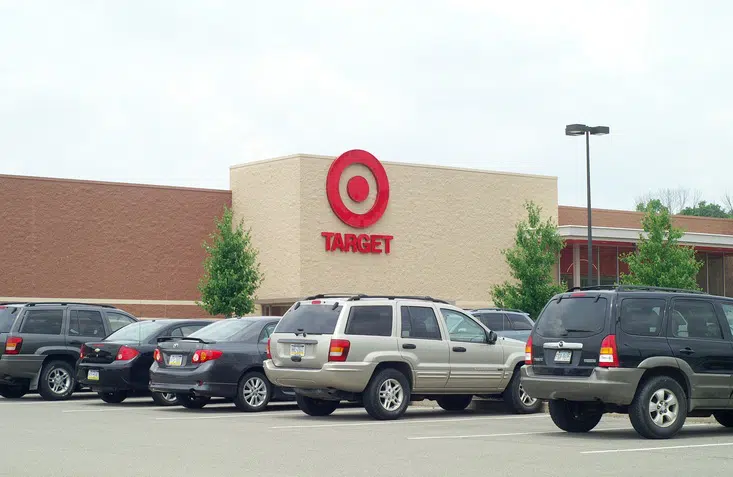If it didn’t affect you personally, you may at least know someone who was a victim of the massive Target data breach of 2013. The cyber attackers who were responsible for hacking this major retailer’s computer systems gained access to personal data belonging to over 41 million consumers. This attack left consumers vulnerable to identity theft all over the country, and Georgia consumers were not spared. With so many Georgia residents working hard to improve low credit scores, it seems unfair that something like the Target data breach could threaten their efforts at credit repair. Hopefully, the stipulations outlined in the Target settlement agreement will help to ward off future cyber attacks.
How the Target Data Breach Settlement Agreement might have a Positive Impact on Georgia Consumer Credit Scores
Victims of identity theft can face monetary loss and credit damage. If your payment card information is used to open fraudulent accounts that are left unpaid, your credit score will drop. Sure, if discovered, this damage can be undone over time. However, you might be stuck with a low credit score until the identity theft issues are resolved. As many, many Georgia Target customers can tell you, recovering from a major cyber attack can be a real hassle.
Because the 2013 Target data breach was so severe, the company will be forced to pay out the largest settlement on record – $18.5 million – for this kind of case. This is on top of a $10 million class-action lawsuit settlement that was paid out in 2015. Target has already provided free credit monitoring services for consumers who were negatively affected in Georgia and other states. Also, consumers who have been able to show evidence of financial losses caused by the data breach have been paid up to $10,000 each in damages.
The settlement from this most recent lawsuit will largely benefit Georgia and the other affected states to pay for attorney fees, investigation costs, and consumer protection initiatives. Individual state lawmakers have stated that these “consumer protection initiatives” will include funding for law enforcement and the creation of consumer education programs.
Target has also committed to an agreement that will require the retail chain to better fortify its defenses against future cyber attacks. The company must:
- Develop and implement a comprehensive cyber security program, as well as employ an executive who will be in charge of this program.
- Submit to routine security assessments performed by an independent expert.
- Continue to use data security software with any system containing consumer information.
- Keep the consumer cardholder data separate from the rest of its network.
- Restrict access to consumer networks and implement password rotation policies.
Given the heavy amount of damage that was done to consumer credit and finances by the Target data breach, it seems reasonable to assume that other retailers will be taking preventive measures too. In fact, the new security measures imposed on Target should probably be voluntarily adopted by other large companies that want to protect their customers against the threat of identity theft.
How Georgia Consumers can Guard their Credit Scores against Cyber Attacks and Identity Theft
All Georgia consumers should regularly check their credit reports, even if they don’t suspect that they’ve been victimized by identity thieves. When it comes to your credit, you can never be too careful. After all, just one unpaid fraudulent account can do major damage to your credit score.
Even if you don’t have fraudulent accounts on your credit reports, it’s possible that there are errors present that might be bringing down your credit score. Believe it or not, about 80% of consumer credit reports contain inaccuracies of some kind. For this reason, you should never assume that your credit score is 100% accurate until you check your credit reports and verify that all of the information they contain is absolutely correct.
In Georgia, any consumer who finds suspicious or incorrect items on one or more of their credit reports can get a FREE credit repair lawyer to help get them removed. There’s a federal statute known as the Fair Credit Reporting Act (FCRA) in place that entitles consumers to accurate credit reports. So it makes sense to seek legal assistance in order to ensure that this right is protected.
The Free and Legal way to Get Better Credit
Don’t let fraudulent accounts or errors on your credit reports bring your credit score down. At Credit Repair Lawyers of America, we’ve been cleaning up credit reports for consumers since 2008 for free.
Let’s start the conversation about what we can do for your credit. Set up your free consultation today by calling Attorney Gary Nitzkin at (404) 591-6680 or sending him a message through our contact page.

